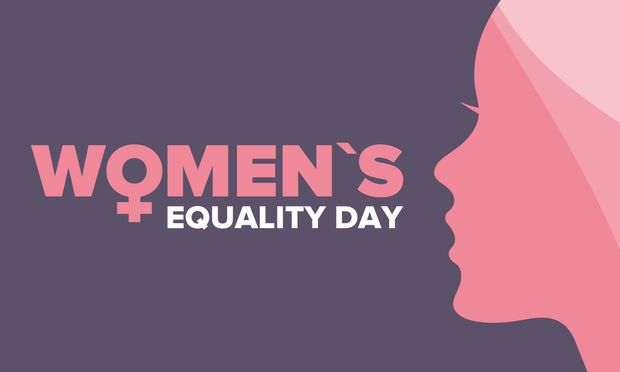
A Team Approach
Former Quincy Mayor Chuck Scholz has encountered a series of health challenges over the past two decades, requiring the meticulous management of numerous appointments and prescriptions. The addition of Quincy Medical Group (QMG) RN Care Manager Leslie Koetters to his care team marked a transformative shift in his healthcare journey.









